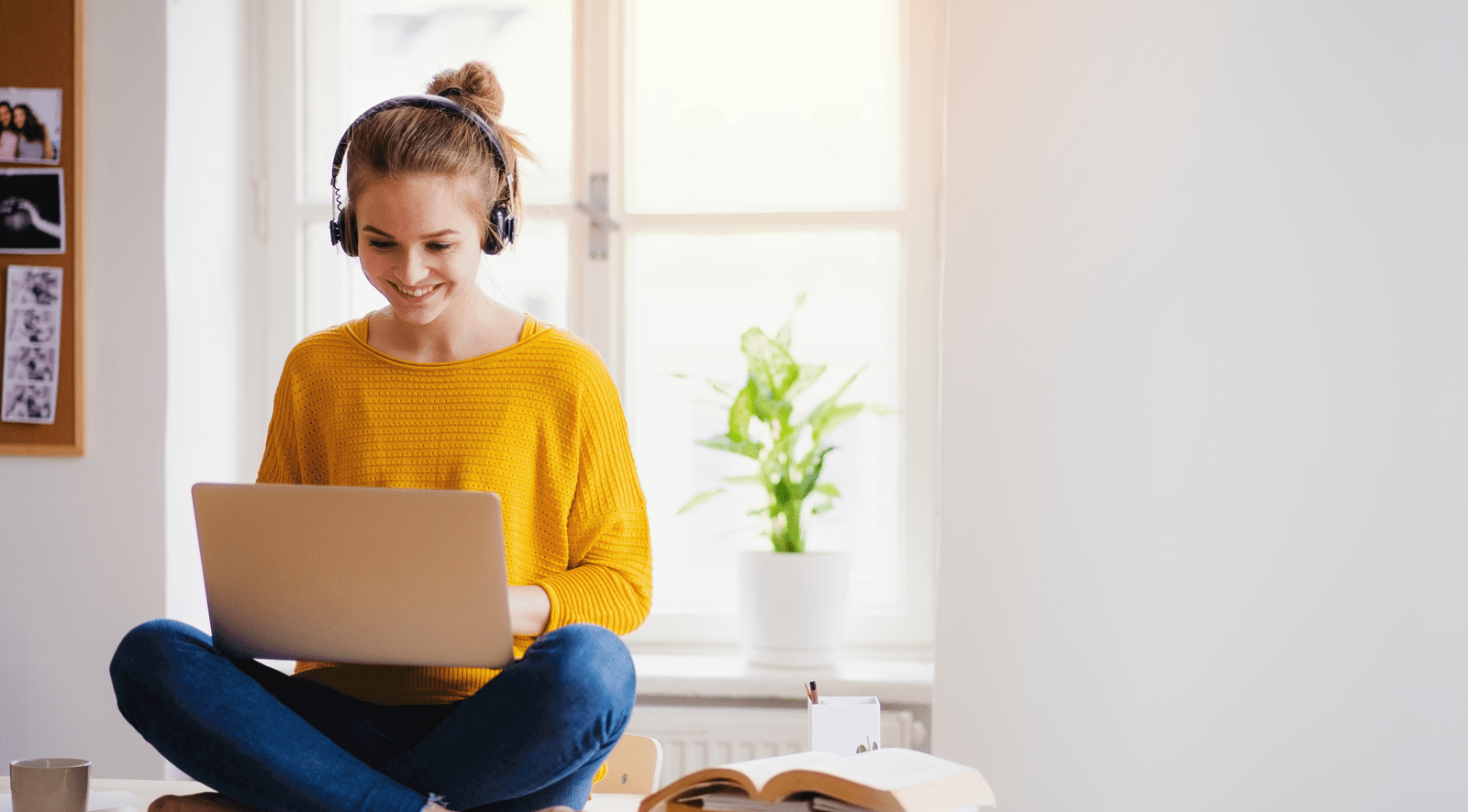Whether you’re a gym rat, Pilates junkie or simply prefer going for a walk, most of us know the physical benefits of exercise. However, moving more can also improve your mental well-being.
Medical research has revealed that exercise, such as walking and running, can help with depression and is twice as effective as taking antidepressants.
But that’s not all. Being physically active has countless benefits for our mental health, helping manage stress and relieve feelings of anxiety. This is because exercising reduces the build-up of stress hormones in our body and can boost our mood by releasing endorphins, which makes us happier.
We all know how stressful the accountancy profession can be. It’s also true that if you find yourself facing work pressures, working long hours and battling tight deadlines, it’s easy for exercise to fall to the bottom of your to-do list.
The question is, how can we find more ways to incorporate more movement into our daily routines?
What exercise can you do to help reduce stress?
The good news is that being physically active doesn’t have to mean joining a gym or committing to running a marathon. It doesn’t even have to be 10,000 steps a day.
If you’re limited for time, try doing a home workout or simply going for a brisk walk. The government recommends at least 150 minutes of moderate activity in a week. This can be anything that raises your heart rate and leaves you slightly out of breath.
Deciding to stay physically fit is the first step to reaping countless health benefits. But how can you stay active? It sounds challenging, especially if you’re not used to being physically active, or you don’t enjoy it, but there are simple ways to give your mind and body a boost in minutes.
Expert tips to add more exercise into your day
-
Go for a swim
Swimming is known to have similar health benefits to walking; it’s the second most popular physical activity in the UK. One of the advantages of opting for swimming is that you can take things at your own pace.
-
Dance like no one’s watching
Dancing is a great way to move while not feeling like you’re exercising. It doesn’t just keep you fit and healthy; it gives you a more positive outlook on life. Learning a new dance can also help to keep your memory sharp and is associated with a lower risk of mental decline.
-
Boost your mood with running
If you’re wondering how to reduce stress and keep fit, then running is a great exercise to add to your routine. It reduces stress hormones like cortisol while increasing serotonin and dopamine, which promote relaxation and mood regulation.
-
Head out for a walk
Walking reduces stress by lowering cortisol levels, especially if you venture outdoors amid nature. The release of endorphins during walking boosts mood and can alleviate symptoms of depression and anxiety over time. It’s also a form of mindfulness as it provides an opportunity for reflection and a break from daily stressors.
-
It’s all in the little changes
Try taking the stairs instead of the lift, walking to work or the next bus stop to improve your exercise levels. Housework is also a great way to get moving. You can engage in gardening, playing with your children, and doing DIY and shopping to get your heart pumping. You could also wash your car by hand or clean your windows, either of which will get you moving more.
Exercise doesn’t have to be boring. Identify an exercise that you enjoy, as you’re more likely to stick to it. For instance, you don’t have to go to the gym because you think that’s what you should be doing. You could opt for a walk in the park or even tennis. You’re more likely to continue an activity that you like. By choosing an activity that you enjoy and finding small ways to add more movement to your routine, you can reduce stress and anxiety while improving your physical well-being.
Paul Guess, mental health expert at caba, the occupational charity for ICAEW chartered accountants and their families
Mental health & wellbeing
ICAEW works with caba to promote the mental health of chartered accountants and their families. Take a look through these articles, guides, webinars and events.



